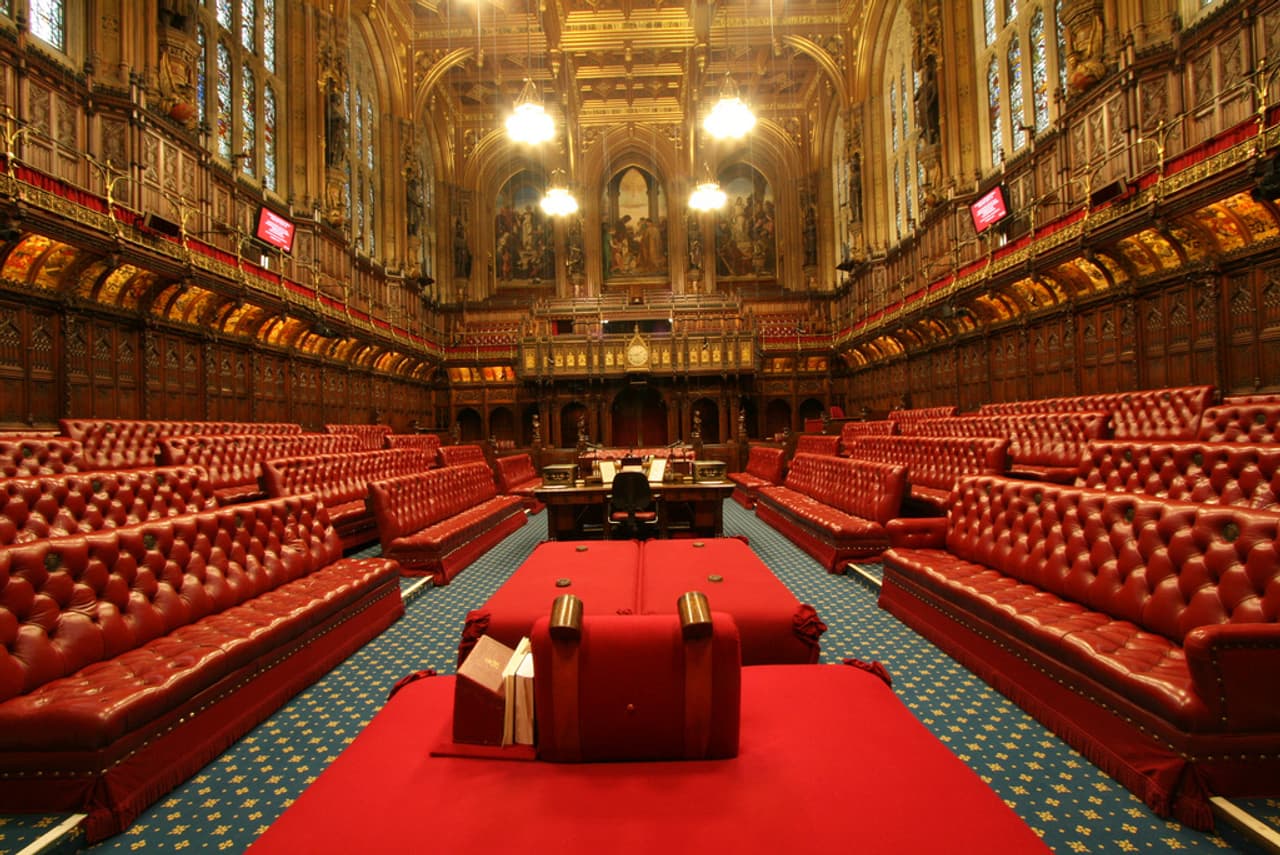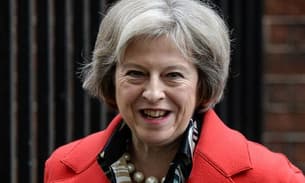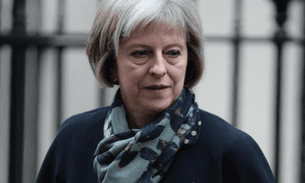
Lords deal blow to Home Office plans to make terror suspects stateless
The statelessness proposals have become the Immigration Bill’s most controversial measure in the Lords.
The government’s plans to increase its citizenship-stripping powers were dealt a major blow by the House of Lords on Monday night.
Peers voted through a measure that would force the government to submit its controversial plans to months of extra scrutiny from MPs and Lords.
In January, Theresa May, the Home Secretary, introduced a last-minute measure in the Immigration Bill that would enable her to remove the citizenship of certain terror suspects even if it made them stateless – something that is currently illegal.
– Lord Pannick QC
The clause passed the Commons by a crushing majority but has become the Bill’s most fiercely debated aspect in the House of Lords, with peers expressing profound concerns over the way it had been rushed through the Commons with no time for scrutiny.
Crossbencher Lord Pannick QC, who led opposition to the clause, said: ‘There are regrettably all too many dictators around the world willing to use the creation of statelessness as a weapon against opponents and we should do nothing to suggest that such conduct is acceptable.’
The Bureau has been investigating the use of existing citizenship-stripping powers for over a year. Its research, which was cited widely in the debate, has revealed how the current government has steeply escalated its use of the secretive powers.
Pannick tabled an amendment that would force the government to submit its plans to a cross-parliamentary committee comprised of six MPs and six Lords. It could also include a public consultation. The amendment, which was co-signed by leading lawyers including a former Director of Public Prosecutions and a former Supreme Court judge, passed with 242 votes against the government’s 180.
Pannick’s amendment would effectively delay the use of this power for months. The government could still attempt to introduce alternative compromises at the Bill’s third reading in the Lords in the first week of May, and Pannick’s amendment will face opposition from coalition MPs when the Bill goes back to the Commons.
The government has said it needs the power to deal with urgent terrorist threats, including the risk of British fighters returning from Syria. In January, David Cameron, UK prime minister, told a committee: ‘In every discussion that we have had about Syria, we have also discussed the dangers of British people travelling to Syria… and the dangers of terrorists returning home… Not unrelated to that is why, downstairs in the House of Commons, we are debating how we should be able to take away people’s citizenship.’
May has also repeatedly referred to the case of Hilal al Jedda, an Iraqi-born man who won a Supreme Court case last October to regain his citizenship, removed under the Labour government, on the grounds that it illegally made him stateless. In November May issued a new order revoking his citizenship again, and weeks later the Home Office floated the current plans to remove the block on making people stateless in the press.
The Home Secretary has the power under existing laws to strip the UK nationality of British citizens if she deems their presence in the country ‘not conducive to the public good’, or if their citizenship was obtained fraudulently. The only restriction to removing citizenship on ‘conducive’ grounds is that she cannot currently make the individual stateless. Since 2006 the UK has stripped 27 individuals of their citizenship on ‘conducive’ grounds, in practice reserved for those suspected of involvement in terror-related activities.
Related story – Prominent House of Lords lawyers oppose Theresa May’s citizenship-stripping plans
Pannick said the joint committee was necessary because the Home Secretary’s amendment was added so late in the Immigration Bill’s passage through the House of Commons. ‘There was no pre-legislative scrutiny,’ he said during the debate. ‘The implications of [making people stateless] raise cause for real concern on which there is at present very little information.’
Pannick’s amendment was co-signed by Lord Macdonald of River Glaven, a Liberal Democrat peer and former Director of Public Prosecutions, and Lord Brown of Eaton-under-Heywood, a crossbencher and former Supreme Court judge who served on the government’s intelligence watchdogs. It also received Labour backing, with opposition home affairs spokeswoman Baroness Smith of Basildon among the signatories.
The Home Office’s proposal to make individuals stateless has been fiercely criticised by lawyers and lawmakers beyond the House of Lords. The UN’s special rapporteur on counter-terrorism labelled the plans a ‘very significant concern‘ and the Joint Committee on Human Rights was scathing in its assessment.
Several peers cited the Bureau’s research during Monday’s three-hour debate. Liberal Democrat Baroness Hamwee referenced the Bureau’s finding that out of 17 people it has identified who have been stripped of their citizenship, 15 had their nationality revoked when they were out of the UK. In at least one case the Home Secretary deliberately waited until a suspect was abroad before ordering his citizenship-stripping.
Immigration Minister James Brokenshire had previously acknowledged that some individuals have their nationality revoked while overseas but denied it was ‘a particular tactic‘ of the Home Office, which has refused to disclose how many citizenship-stripping orders are given while the individual concerned is overseas.
Labour frontbench peer Baroness Smith referred to the case of Y1, which saw May reject the advice of her security services to strip the UK nationality of an Afghan-born man in 2013. The Home Office had said proposed statelessness powers would be used rarely and proportionately. Smith told the House: ‘I have never considered that a few people being affected by a power makes it less important.’
Baroness Kennedy QC, who wrote an article for the Bureau ahead of the Immigration Bill’s report stage condemning the proposed measures, labelled them ‘repugnant’ during the debate.
Related story – Home Secretary waited until terror suspect was abroad before stripping citizenship
Kennedy highlighted the case of Mahdi Hashi, a former UK citizen who was rendered from Djibouti after having his British nationality removed only to appear months later in a New York court. She is representing Hashi in his appeal against the loss of his citizenship; Hashi claims he has been made stateless by the order.
Kennedy also cited Bureau research in mentioning the cases of Bilal al Berjawi and Mohammed Sakr, who were killed by US drone strikes in Somalia after being stripped of their UK citizenship.
The committee could also pressure the Home Office into making disclosures that it has so far resisted, such as how many people were overseas at the time of losing their citizenship.
Peers opposed to the statelessness clause criticised the Home Office for seeking a measure that, in the words of Labour peer Baroness Lister, ‘would give rise directly to an increase in the number of stateless people in the world, condemned to be dispossessed’.
Follow Patrick Galey and Alice Ross on Twitter. Sign up for email updates on the Citizenship Revoked investigation.




